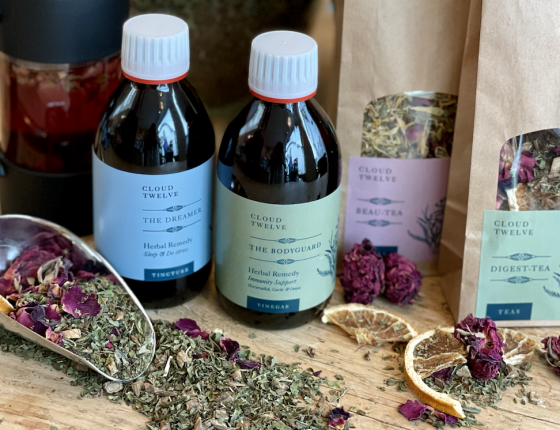
Diet for Menopause

What is the best diet for menopause?
Diet has a direct influence on well-being post menopause and contributes to marked differences in menopausal symptoms (hot flashes, anxiety, loss of skin elasticity, weight gain) and health risks (osteoporosis, diabetes, heart disease).
Add phyto-estrogents to your diet
Dietary phyto-estrogens (organic soy, flax seeds, chia seeds) improve many of the menopausal symptoms. 100g of tofu and 1 table spoon of ground linseed every day can reduce hot flushes and improve vaginal dryness. Researchers have also observed a link between eating foods with high levels of phyto-estrogens and lower rates of estrogen-responsive cancers.
Increase intake of cooling foods to your diet
Increase intake of cooling foods such as raw foods, especially coconut, cucumber, celery, and mint. Bitter foods such as rocket, chicory or dandelion leaves also have a cooling effect on the body according to Chinese medicine. In addition, they support liver function by stimulating bile production which plays an important role in fat metabolism. Conversely, reduce chilly and other spices that may increase heat in the body, aggravating symptoms of hot flushes.
Boost your intake of phytonutrients
Fruit and vegetables are rich in vitamins, minerals, fiber and antioxidants. Antioxidants scavenge free radicals from the body cells, prevent the damage caused by oxidation and delay ageing. Vitamin C in cherries, rosehips, bell peppers, kiwis and lemons boosts collage production while vitamin A in orange fruit and vegetables (carrots, sweet potatoes, mangoes) supports skin cell renewal and improves skin elasticity. Eat fruit and vegetables fresh in order to benefit from all of their nutrients. Challenge yourself to ‘eat a rainbow’ each day. The colour of your food can tell you a lot about its nutritional value, and eating a variety of colours is a great way to maintain a well-functioning digestive tract and by default skin health.
Support your organs of elimination and detoxification
Liver is an important organ of detoxification, which supports skin health and also regulates hormonal balance. Bitters such as chicory, rocket and radish, stimulate bile production, which is the major excretory route for harmful toxins. Cruciferous vegetables such as cabbage, broccoli, cauliflower, Brussels sprouts and kale contain sulpharophane which enhances estrogen clearance by the liver and reduces inflammation in the body. In addition, foods rich in potassium, such as apricots, bananas lentils, sweet potato, leafy greens, help regulate fluid balance and reduce water retention supporting kidney and lymph detox.
Dirty dozen – Clean 15
Make sure you buy fresh, organic and where possible local and seasonal produce as it will have the highest nutrient content and reduced toxin content. The more variety of recipes you include each week, the better. If not possible to source organic fruit and vegetables, avoid Dirty Dozen, focus on Clean 15, and peel or soak other fruit and veg in bicarbonate soda solution.
Include good fats and proteins
Make sure your meals contain good fats and proteins to build muscles, keep blood sugar levels stable and avoid constant snacking. Avoid non-organic meat and fish, as they often contain hormones and antibiotics. Watch out for genetically modified foods. Vegetable oils are rich in vitamins and minerals which provide an extraordinary range of nutrients to keep our skin in good condition. Healthy unsaturated oils are a must and include olive oil (rich in omega 9), flaxseed oil (rich in omega 3), and sesame oil (rich in omega 6). Omega 3 oils are particularly beneficial as they reduce inflammation and improve skin barrier function, sealing in moisture and keeping out irritants. In addition, Omega 3 oils are linked to increased levels of the fat burning peptide, adiponectin.
Coconut oil and avocados are good sources of saturated fat, however they need to be consumed in moderation. Coconut oil contains caprylic, capric and lauric acids, which reduce yeast and bacterial overgrowth. Coconut oil, sesame oil, avocado oil and non-virgin olive oil are best for cooking, as they have a relatively low smoke point.
Skip trans fats completely. They are found in deep-fried and some processed foods (cakes, doughnuts, margarines, pastries, cookies etc). They raise bad cholesterol, boost inflammation, which is linked to accelerated aging.
Include healthy proteins
Research involving women after menopause found that those who ate more protein had less body fat and performed better in physical tests than those on low protein diets.
Add superfoods to your recipes
- Grape seeds – are highly rich in polyphenols called proanthocyanidins. They are one of the most potent antioxidants, protecting connective tissue, strengthening blood vessels, supporting healing of the scar tissue, and improving microcirculation. Additionally, grape seeds have a beneficial effect on lipid metabolism, minimizing the accumulation of fat in adipose tissue and dietary fat absorption by inhibiting fat-metabolizing enzymes.
- Flaxseeds – are rich in fibre, Omega 3s and phytoestrogens to keep your bowel moving, control inflammation and balance oestrogen.
- Cinnamon – maintains healthy blood sugar level and boosts metabolism by stimulating digestive enzymes.
- Psyllium husk – excellent source of fiber for the gut. Improves glucose levels, insulin response, blood pressure, as well as lipid profile thereby reducing metabolic risk factors.
- Green tea – boosts metabolism, inhibits the absorption of fats and stimulates the release of the already stored one. Contains valuable polyphenol, epigallocatechin-3-gallate (ECGC), that heals scar tissue, protects skin against free radicals and prevents obesity.
- Blueberry concentrate – Recent study findings suggest that blueberries may influence genes which regulate fat-burning and storage, helping reduce abdominal fat and lower cholesterol.
- Ginger and Cayenne – important circulatory stimulants. The main active ingredient in cayenne pepper is capsaicin, a thermogenic chemical, which helps speed up metabolism, decrease appetite and help burn more calories. Compounds in ginger have antioxidant and anti-inflammatory properties, while also boosting circulation and metabolism.
Hydration
Estrogen plays an important role in controlling body fluid balance. As estrogen decreases, you may become less sensitive to thirst, which could increase your risk of dehydration.
To make sure you stay hydrated:
- Start your day with drinking 2 glasses of room temperature water at least 15 minutes before breakfast.
- Eat hydrating foods – cucumbers, watermelon, celery, broths and soups.
- Watch your caffeine and alcohol intake, as they dehydrate the body.
- Improve your water. Add electrolytes (strawberry, mango, watermelon) to make it more hydrating.
- Pay attention to the quality of your water. Avoid tap water which is contains heavy metals and xenoestrogens and consider high quality Reverse Osmosis filter for home and office use.
Mindful Eating
The most important aspect that we need to work on is our relationship with food. Food is life and it is vital to enjoy food and by default life to stay healthy.
Cook with love. Eating process starts from food preparation. Read up on the recipes that may interest you, while preparing the food chew a cumin or fennel seed to stimulate metabolic juices and prepare your stomach for digestion. 20% of digestion should happen before we start eating, when we are thinking, smelling or seeing the food.
When you apply mindfulness to eating, you simply observe every aspect of what you consume, which transforms even the simplest meal into a rich experience. Find a comfortable place where you won’t be interrupted—away from your computer, TV, phone, reading materials, projects, or other distractions. Become aware of the food in front of you and give thanks—in whatever way resonates with you—for the gift you’re about to receive. Explore all the colors of the foods on your plate. Close your eyes, inhale, and experience your meal’s aroma. When you’re ready, take that first bite. Hold the food in your mouth and become aware of its taste, shape, texture, and temperature. Then chew slowly and thoroughly, focusing on the feelings in your mouth.
In this way you will truly enjoy the process of eating and will not overeat, as you body will become more intuitive to how much food and what type of food you require.
Wishing you the best of health!
Jenya Di Pierro

Author: Jenya Di Pierro
Founder, Naturopath & Herbal Medicine Practitioner
BSc, MSc, DipCNM, AMH, ANP


Bio-Hacking for Menopause

Are Head Spas The New Non-Negotiable Beauty Ritual?

Menopause & Hair Loss: Real Causes of Thinning Hair in Midlife

Why I Never Drink Tap Water — And What You Should Know About Contaminants

The Standard - Best Reishi supplements for powerful adaptogenic support

Five ways to stay balanced this festive season - Yahoo News
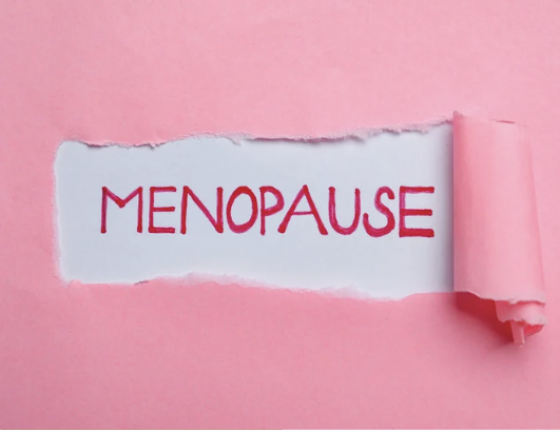
Natural Management of Menopause Part 1: Herbal Remedies

How to Look After Your Skin in Winter

Boosting Immunity Before Your Winter Holidays

The Hair & Scalp Type Guides: Oily, Dry, Dandruff & Hair Loss
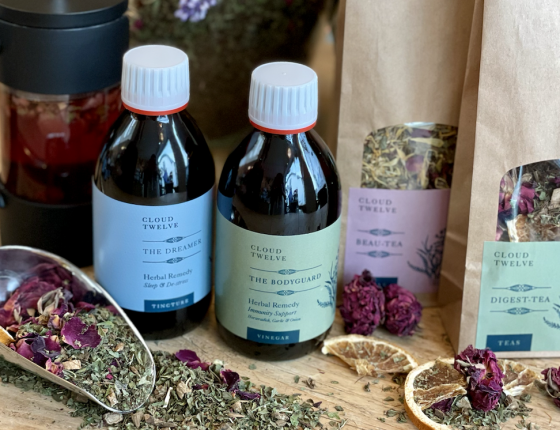
Herbs and Tips for Winter Wellness

Improving Egg Quality and Boosting Fertility for Women in their 40s
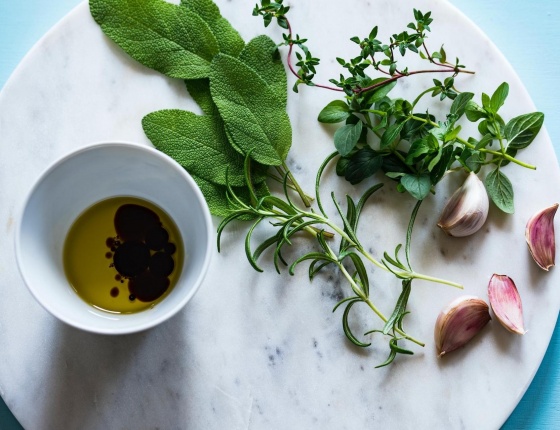
Nature's Cure for Hair Loss: Herbal Remedies That Work

Herbs to Boost Fertility

11 Steps To Detox Your Mind

Nutrition & Lifestyle Habits For An Effective Detox

Top Tips For Staying Healthy During the Party Season
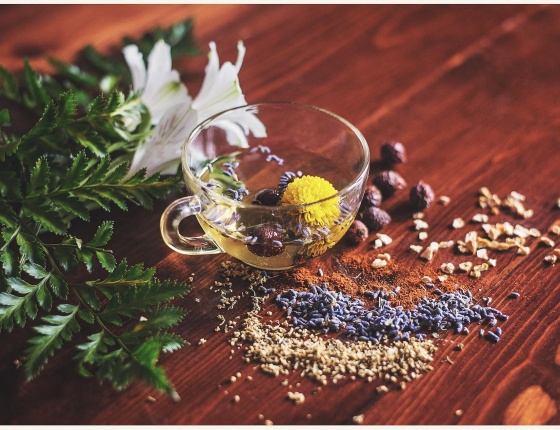
SheerLuxe: Jenya Di Pierro Shares Her Expert Tips To Dealing With Reflux

10 Natural Treatments For Cellulite
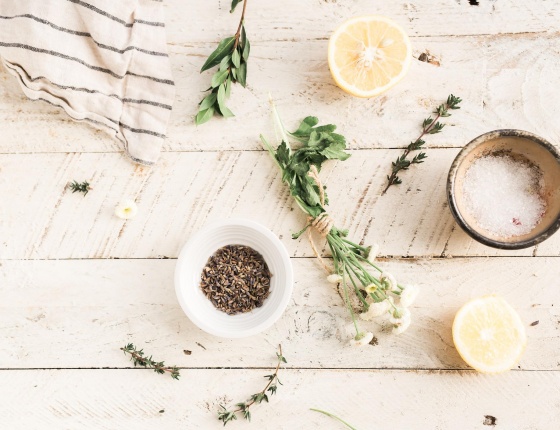
The Best Nutrition Tips For Combatting Cellulite
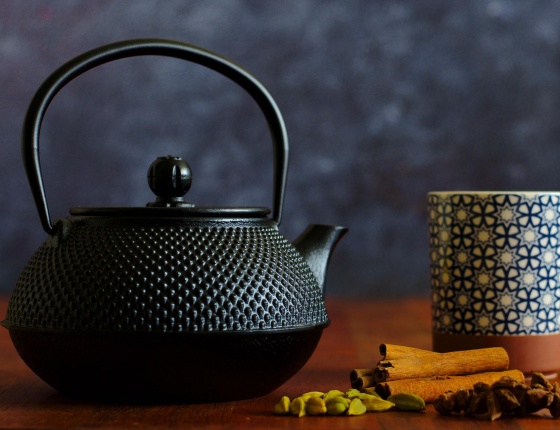
Country & Townhouse: Jenya advises on healing your gut with a little help from the East. How to do an Ayurvedic cleanse

GoodToKnow: Winter blues - 11 ways to deal with seasonal affective disorder, according to experts
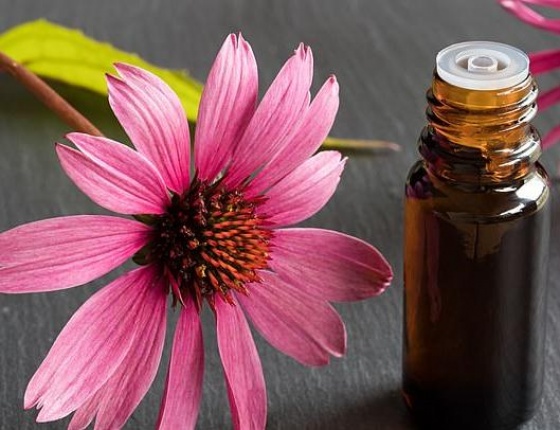
Daily Mail: Could a houseplant help cure YOUR health woes? Experts reveal their surprising healing properties

The Telegraph: Demand for ultra-skilled nannies and kids members' clubs surges post-lockdown

Domus Stay: Jenya Di Pierro on how Cloud Twelve puts wellbeing at the top of the agenda

Wellbeing: Natural remedies and herbs to help recover from vaccine side effects

Wallpaper: Natural remedies for allergy fatigue and other hay fever symptoms

Your Healthy Living: 10 ways to fight the ageing process

OmYoga: The power of plants: 7 healing plants to keep healthy and balanced

Woman & Home: 10 natural cures for insomnia to help end sleepless nights

Harpers Bazaar: Why it's time to reclaim a bespoke approach

Mr Porter: The Best Holistic And Natural Treatments For Men To Try Now

Luxurious Magazine: Herbalist Jenya Di Pierro's top healing plants for a healthy 2022
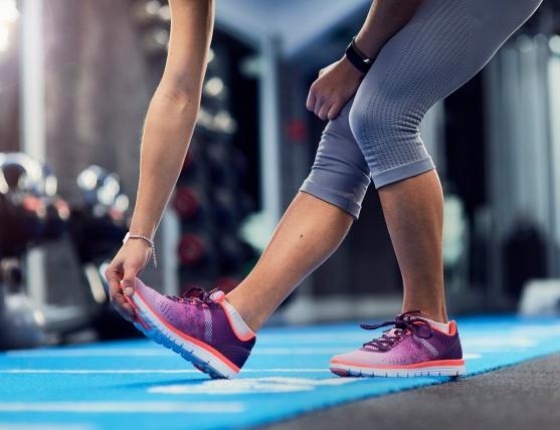
Metro: Sport recovery is about more than rest days — here are the most effective therapies

Beauty Daily: The top 10 healing plants for a healthy and balanced 2022

Tips and Hacks for Holiday Health
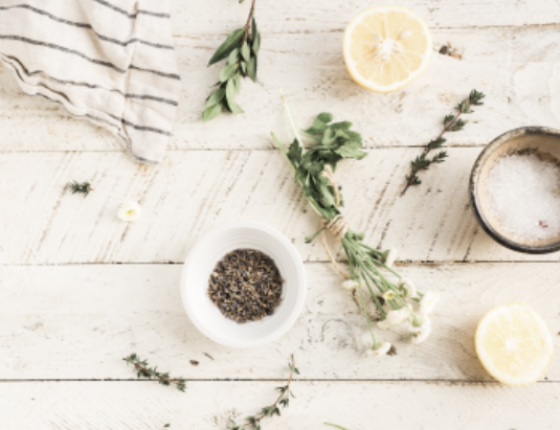
Your guide to Adaptogens

7 Daily Health Habits

13 Healthy Sleep Hygiene Habits
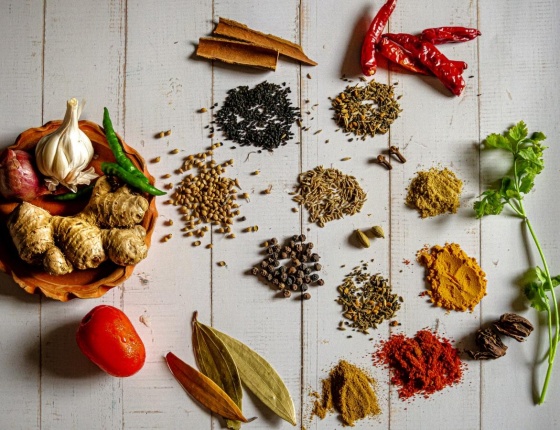
How to boost daily nutrition by adding a few clever ingredients

The ultimate guide to Medicinal Mushrooms
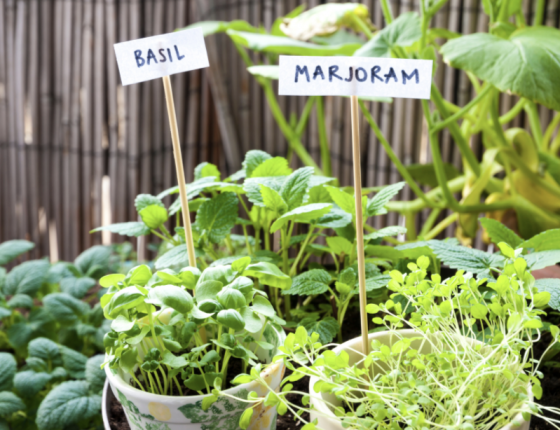
Herbs for respiratory system that can grow in your garden

Tips on How to Reduce Stress

10 Self Care Tips
